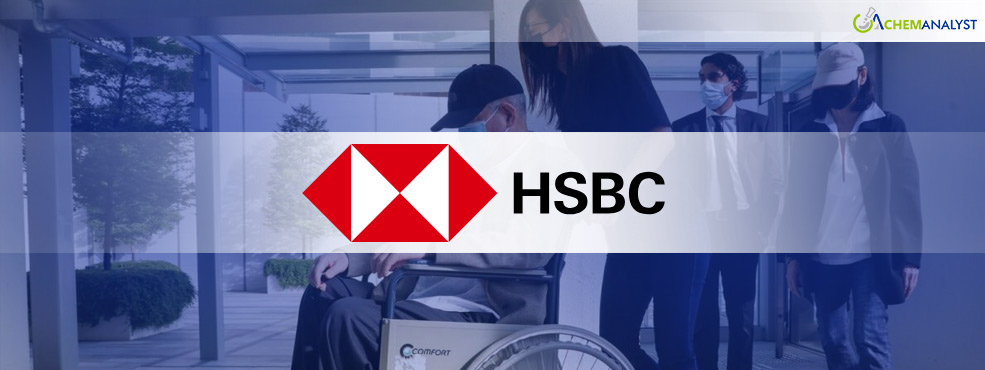Welcome To ChemAnalyst

Lim Oon Kuin, or OK Lim, the 82-year-old founder of the once-mighty Hin Leong Trading, was sentenced to 17.5 years in jail on Monday for defrauding HSBC out of millions of dollars. This verdict marks a significant moment in one of the city-state's most serious cases of corporate fraud, which has tarnished Singapore's reputation as a global financial hub.
Prosecutors alleged that Lim had deceived HSBC by providing false information about oil sales contracts. The bank, believing that Hin Leong was a financially sound company, disbursed nearly $112 million in loans. In reality, the transactions were fabricated.
The judge, Toh Han Li, acknowledged the potential damage to Singapore's reputation as a global financial center. The case, he said, involved "some of the most serious cheating offences" ever seen in the city-state.
Lim was found guilty in May but received his sentence on Monday November 18 in Singapore's State Courts. The court has set a bail of S$4 million, and Lim plans to appeal the verdict. Lim's defense team had argued for a shorter sentence citing his age and deteriorating health during the trials. However, the judge promptly rejected these pleas. The judge reduced a year from the sentence due to his age but did not give any sentencing discount. He said that the Singapore Prison Service is equipped to handle inmates with medical needs.
Lim was initially charged with 130 criminal counts, each involving substantial sums of money. However, the prosecution pursued only three of these charges: two counts of defrauding HSBC and one count of instigating a Hin Leong executive to create false documents.
According to the prosecution, Lim deceived HSBC into releasing nearly $112 million by falsely claiming that his company had secured oil sales contracts with other businesses. In reality, these contracts were entirely fabricated and devised by Lim himself.
Lim is a self-made billionaire who built Hin Leong from a small trucking company into a major player in the global oil trade. The company's rapid ascent mirrored Singapore's own economic growth, and it became a symbol of the city-state's success. However, in 2020, the company's collapse exposed a massive fraud scheme, revealing billions of dollars in hidden debt.
The collapse of Hin Leong has sent shockwaves through the global oil industry and raised questions about the oversight of financial institutions in Singapore. The case has also highlighted the risks associated with opaque corporate structures and aggressive financial practices.
As Lim faces the consequences of his actions, the city-state is left to grapple with the fallout from one of its most significant corporate scandals. The case serves as a stark reminder of the importance of transparency, accountability, and ethical business practices.
We use cookies to deliver the best possible experience on our website. To learn more, visit our Privacy Policy. By continuing to use this site or by closing this box, you consent to our use of cookies. More info.
